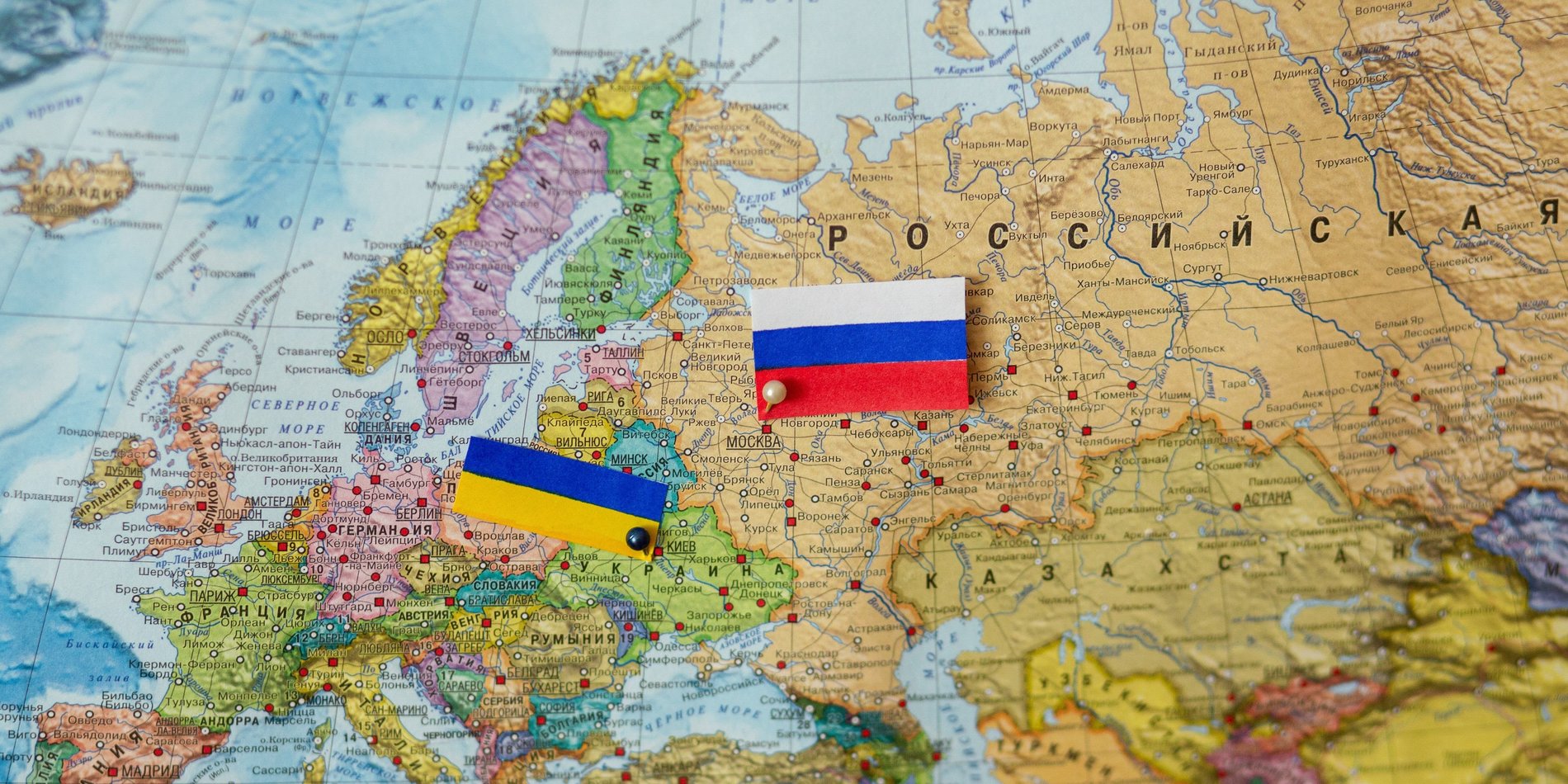Stanford names dominate Association for Computing Machinery awards
Two Stanford Engineering faculty and four alumni are among winners of the 2012 ACM (the Association for Computing Machinery) awards for innovations in computing technology.
These innovators, the ACM said, have made "significant contributions that enable computer science to solve real-world challenges." The Stanford winners' contributions reflect achievements in such fields as computer networks, information retrieval, computer science education and multiagent systems.
The ACM will present these and other awards at an awards banquet on June 15 in San Francisco.
The 2012 ACM Award Winners include these names from Stanford School of Engineering:
- Professor Eric Roberts, recipient of the Karl V. Karlstrom Outstanding Educator Award for his contributions as an international leader in computer science education, including numerous contributions to curriculum development. Roberts is the author of several exemplary textbooks. His first book, Thinking Recursively, was named in a 1998 Communications of the ACM survey as one of the core texts that every computer science educator should know. At Stanford University, Roberts built an undergraduate computer science program staffed by a team of effective teachers, which has become a model for universities across the country. He developed a computing curriculum for public high schools in Bermuda that was the first national computing curriculum to be certified by an international standards board. He served on the board of the ACM Special Interest Group in Computer Science Education (SIGCSE) and is the immediate past chair of the ACM Education Board. Roberts received the SIGCSE Award for Outstanding Contribution to Computer Science Education. He is a Fellow of ACM and the American Association for the Advancement of Science (AAAS).
- Professor Yoav Shoham is a co-recipient of the ACM/AAAI Allen Newell Award for contributions to multiagent systems spanning computer science, game theory, and economics. Shoham's pioneering work provided a methodology for specifying distributed multiagent systems. His research on game theory includes advances in combinatorial auctions, where participants place bids on combinations of discrete items. He also advanced mechanism design, sometimes known as reverse game theory, which sets formal rules that design a game as well as predicting how a game will be played. Shoham, is a former director of Stanford's Artificial Intelligence Laboratory (SAIL), co-author (with Kevin Leyton-Brown) of Multiagent Systems: Algorithmic, Game-Theoretic, and Logical Foundations, a widely-praised textbook on multiagent systems, and the founder of several e-commerce software companies.
- Martin Casado (MS '07, PhD '07), Martin Casado (MS '07, PhD '07), a consulting faculty member was a co-recipient of the Grace Murray Hopper Award for advances in network architecture. Casado's Stanford PhD work led to the burgeoning Software Defined Networking (SDN) movement that is sweeping the networking industry. Current networks are arranged around "boxes" -- self-contained switches and routers containing complex software and hardware. To manage a network, network administrators must login to each box in turn and configure them. In the SDN approach, the network is managed as a whole, rather than as individual boxes. Casado's work led to the OpenFlow protocol, which uncouples the software from the hardware. The software is lifted up and out of the boxes and put in a more central location where it can be more easily improved over time. The hardware is made simpler, and more streamlined, much like a RISC processor in a computer. SDN proponents believe that by providing open interfaces between the software and hardware, network owners and operators will be able to customize networks to their needs. Google, for example, has adopted the SDN approach in their networks. As Co-founder and CTO of Nicira, he took the idea further and pioneered the new field of network virtualization. This level of abstraction creates virtual networks that are able to deliver the same features as physical networks, but with the operational flexibility of virtualization. Nicira was acquired by VMware in 2012. He is currently the Chief Network Architect of VMware as well as a consulting assistant professor at Stanford University.
- Andrei Broder (MS '81, PhD '85), Moses Charikar (MS '98, PhD '01), and Piotr Indyk (PhD '01) were recipients of the Paris Kanellakis Theory and Practice Award for algorithms that allow for quickly finding similar entries in large databases, known as locality-sensitive hashing (LSH), These algorithms can drastically reduce the computational time needed for retrieving similar items, at the cost of a small probability of failing to find the absolute closest match. LSH has impacted fields as diverse as computer vision, databases, information retrieval, data mining, machine learning, and signal processing. Andrei Broder introduced specific locality-sensitive min-hash functions, used to estimate the similarity of data sets and identify near-duplicate documents. He is a Google Distinguished Scientist. Piotr Indyk, with the late Rajeev Motwani, extended LSH functions to a wider range of distance functions, and applied them to design efficient approximate nearest neighbor algorithms. Indyk is a professor at MIT's Computer Science and Artificial Intelligence Lab. Moses Charikar introduced sim-hash functions for angular distances. He is a professor of Computer Science at Princeton University.
About the Awards
Grace Murray Hopper Award is given to the outstanding young computer professional of the year, selected on the basis of a single recent major technical or service contribution. This award is accompanied by a prize of $35,000. The candidate must have been 35 years of age or less at the time the qualifying contribution was made. Financial support for this award is provided by Google, Inc.
Paris Kanellakis Theory and Practice Award honors specific theoretical accomplishments that have had a significant and demonstrable effect on the practice of computing. This award is accompanied by a prize of $10,000 and is endowed by contributions from the Kanellakis family, with additional financial support provided by ACM's Special Interest Groups on Algorithms and Computation Theory (SIGACT), Design Automation (SIGDA), Management of Data (SIGMOD), and Programming Languages (SIGPLAN), the ACM SIG Projects Fund, and individual contributions.
Karl V. Karlstrom Outstanding Educator Award is presented annually to an outstanding educator who is appointed to a recognized educational baccalaureate institution. The recipient is recognized for advancing new teaching methodologies; effecting new curriculum development or expansion in Computer Science and Engineering; or making a significant contribution to the educational mission of ACM. Those with ten years or less teaching experience are given special consideration. A prize of $5,000 is supplied by Pearson Education.
ACM/AAAI Allen Newell Award is presented to an individual selected for career contributions that have breadth within computer science, or that bridge computer science and other disciplines. This endowed award is accompanied by a prize of $10,000, and is supported by the Association for the Advancement of Artificial Intelligence, and by individual contributions.
About ACM
ACM, the Association for Computing Machinery www.acm.org, is the world’s largest educational and scientific computing society, uniting computing educators, researchers and professionals to inspire dialogue, share resources and address the field’s challenges. ACM strengthens the computing profession’s collective voice through strong leadership, promotion of the highest standards, and recognition of technical excellence. ACM supports the professional growth of its members by providing opportunities for life-long learning, career development, and professional networking.



